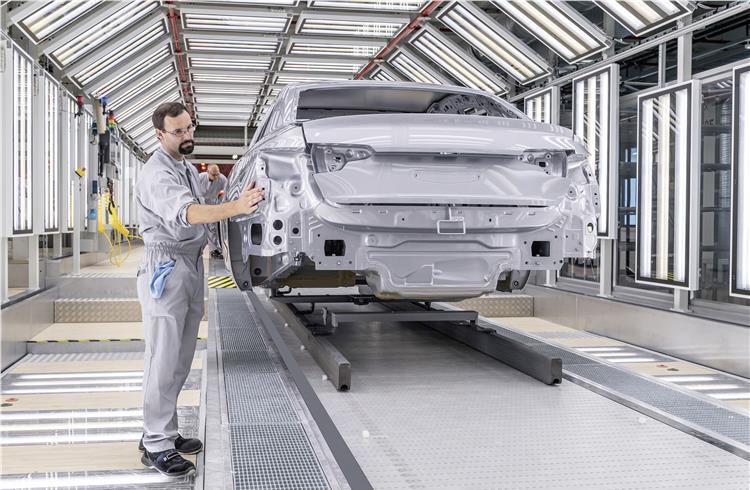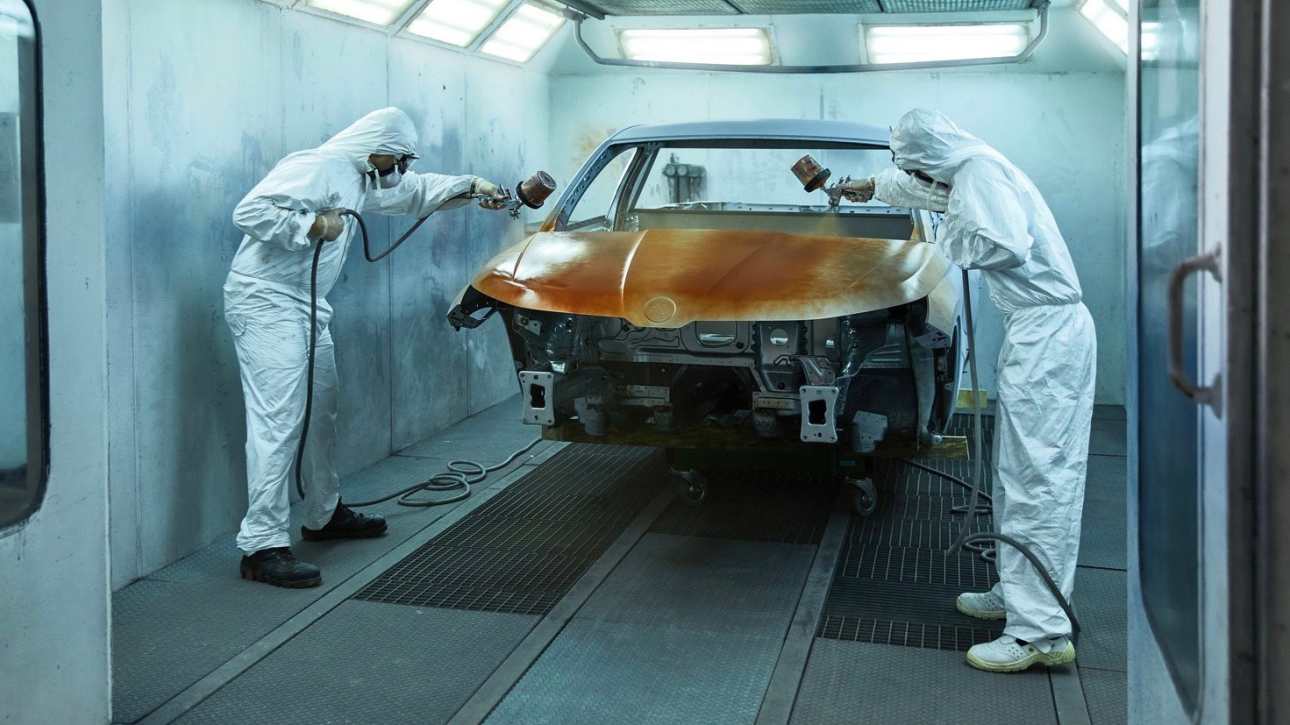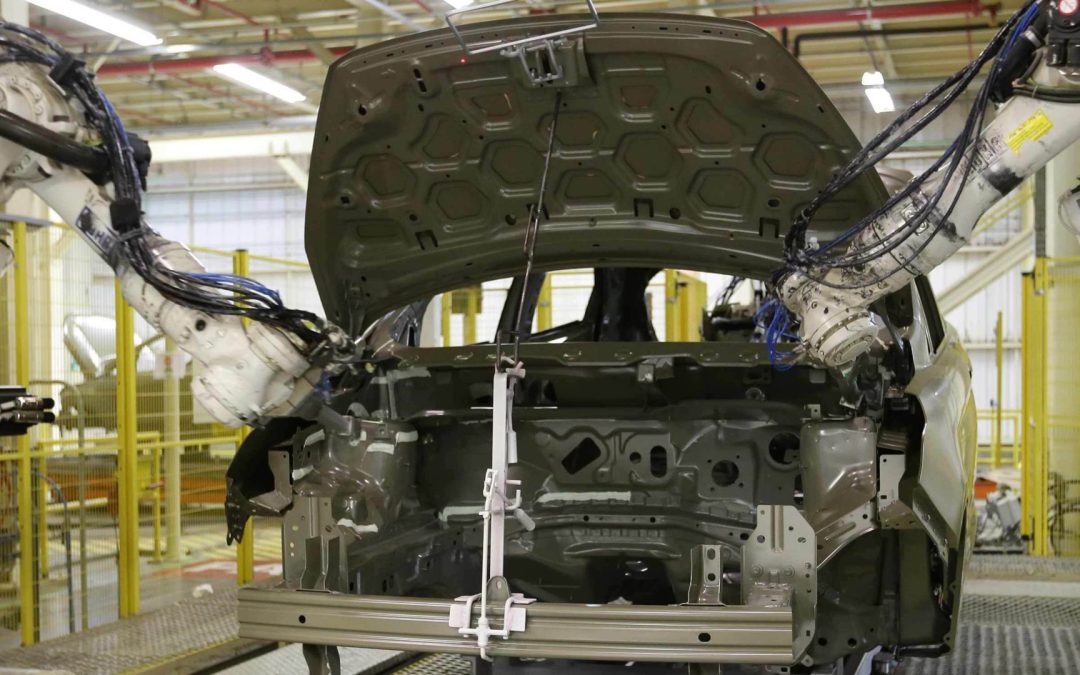Delighted to share how to reduce car paint defects and rework with the use of automated inspection methods. Car manufacturers worldwide are constantly looking for ways to improve quality and efficiency. One of the most important areas where improvement can make a significant impact is in the painting process. This technology revolution automated inspection offers a tremendous opportunity to enhance quality control.

Big Challenges in Car Paint Processes
Car manufacturers usually face multiple challenges in the painting process. These challenges can lead to defects like paint runs, sags, orange peel, and contaminants. The traditional methods of inspection, which depend on human skills, have several limitations, including variability and the potential for missed defects.
Common Paint Defects
- Paint Runs and Sags
- Orange Peel
- Contaminants
- Uneven Coverage
Approved Automated Inspection Systems
Introducing automated inspection systems significantly reduces the chances of defects. These systems use advanced processes like computer vision and machine learning to detect and classify defects quickly. With their speed and precision, these technologies provide a consistent and objective evaluation.
How Automated Inspection Works?
These systems use high-resolution cameras and sensors to capture images of the painted surfaces. Then, using algorithms, these images are analyzed to identify any anomalies or defects.
Benefits of Automated Inspection
The benefits of implementing automated inspection in the car painting process are numerous. Heres a closer look:
Enhanced Quality Control
With automated inspection, the detection of paint defects becomes more reliable. The precision of these systems ensures that even the smallest imperfections are caught, which would be difficult for the human eye to detect.
Reducing Rework Costs
Rework in the painting process can be very costly, both in terms of time and money. By identifying defects early in the process, manufacturers can reduce the amount of rework needed.
Improved Efficiency
Automated systems can inspect and analyze car surfaces faster than humans, which speeds up the overall production process. This increase in efficiency can lead to significant cost savings.
Tremendous Technology Integration
Integration of automated inspection systems into the existing manufacturing line is not as complex as it may seem. Manufacturers like Strobox.ai have developed systems that are easy to integrate and operate. These systems can be customized according to the specific needs of the manufacturer.
Case Studies
Many manufacturers have already seen positive results after integrating automated inspection systems.
High-Speed Monitoring
For instance, you can read more about genetic analysis or wafer polishing inspection where efficiency was significantly increased.
Future of Automated Inspection
The future is bright for the adoption of automated inspection systems in the car painting industry. As technology continues to advance, these systems will become even more accurate and reliable.
Key Takeaways
- Automated inspection systems can significantly reduce car paint defects.
- These systems provide a more efficient and reliable means of quality control.
- With the reduction of defects, the costs and time for rework are minimized.
- Future advancements promise even greater results for the car painting industry.

FAQ
What kinds of defects can automated inspection systems detect?
Automated inspection systems can detect a variety of defects such as paint runs, sags, contaminants, and uneven coverage.
Is it difficult to integrate automated inspection systems into existing production lines?
Many modern automated systems are designed for easy integration into existing manufacturing setups. Consult with providers like Strobox.ai for solutions.
What are the cost benefits?
Implementing automated inspection systems can lead to significant cost savings by reducing the need for rework and improving overall production efficiency.
For more details on applying car paint efficiently, you can read this external guide or take a virtual plant tour with Toyota.
